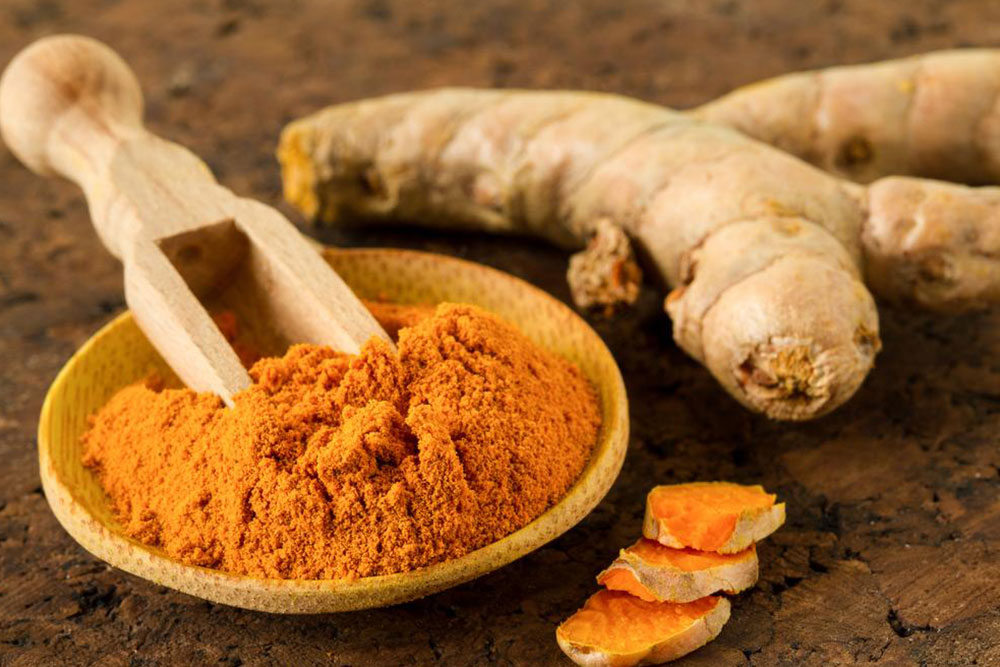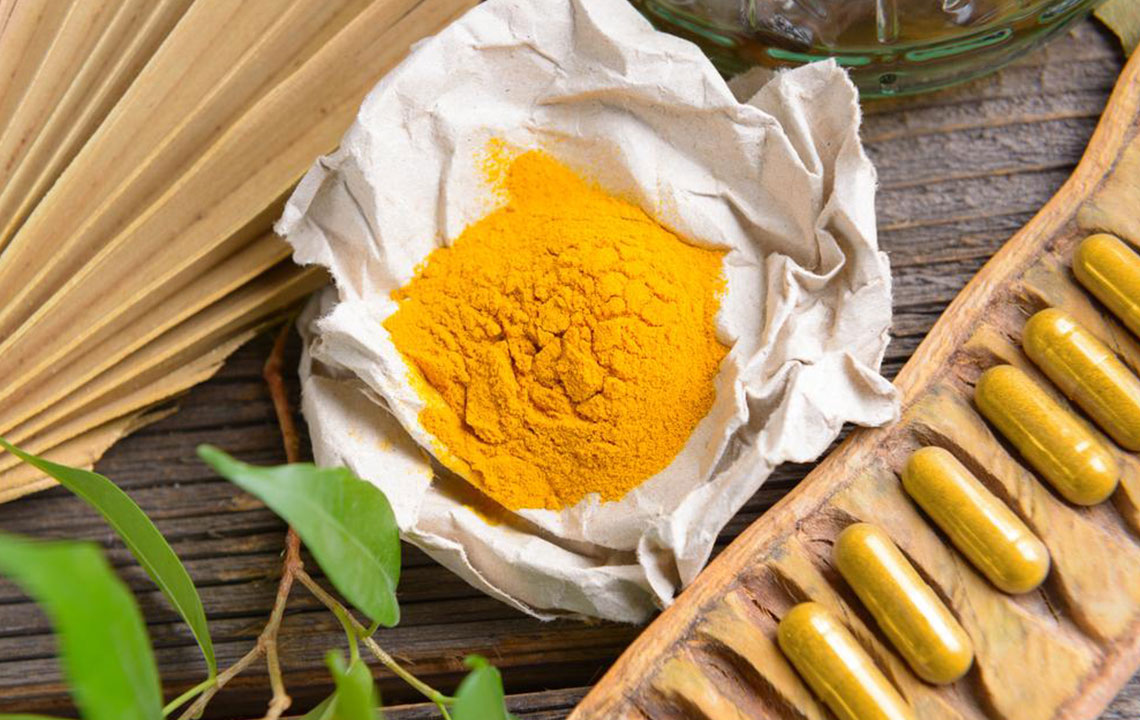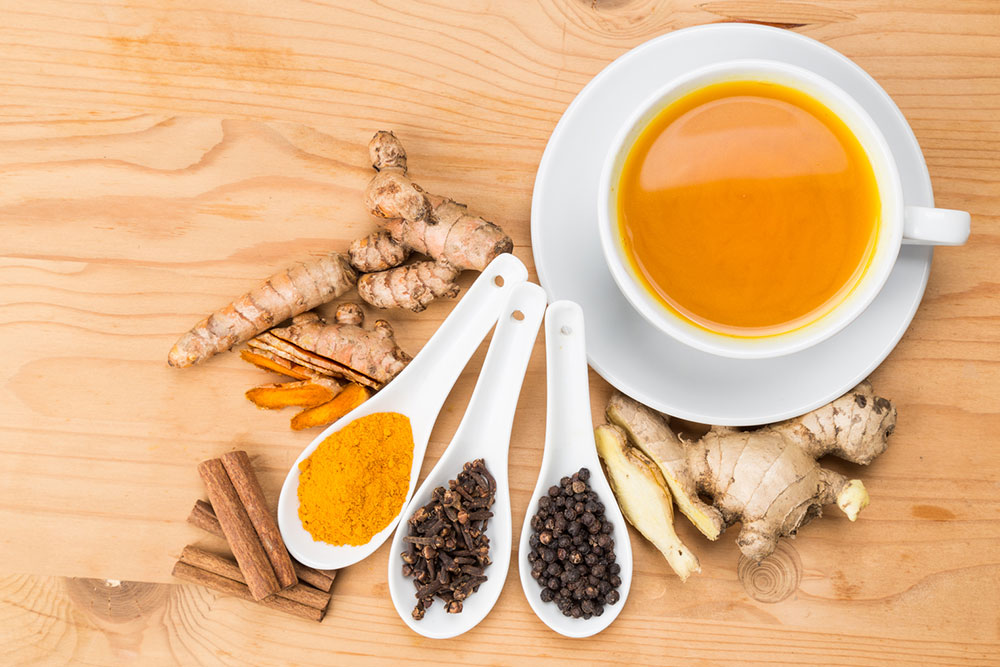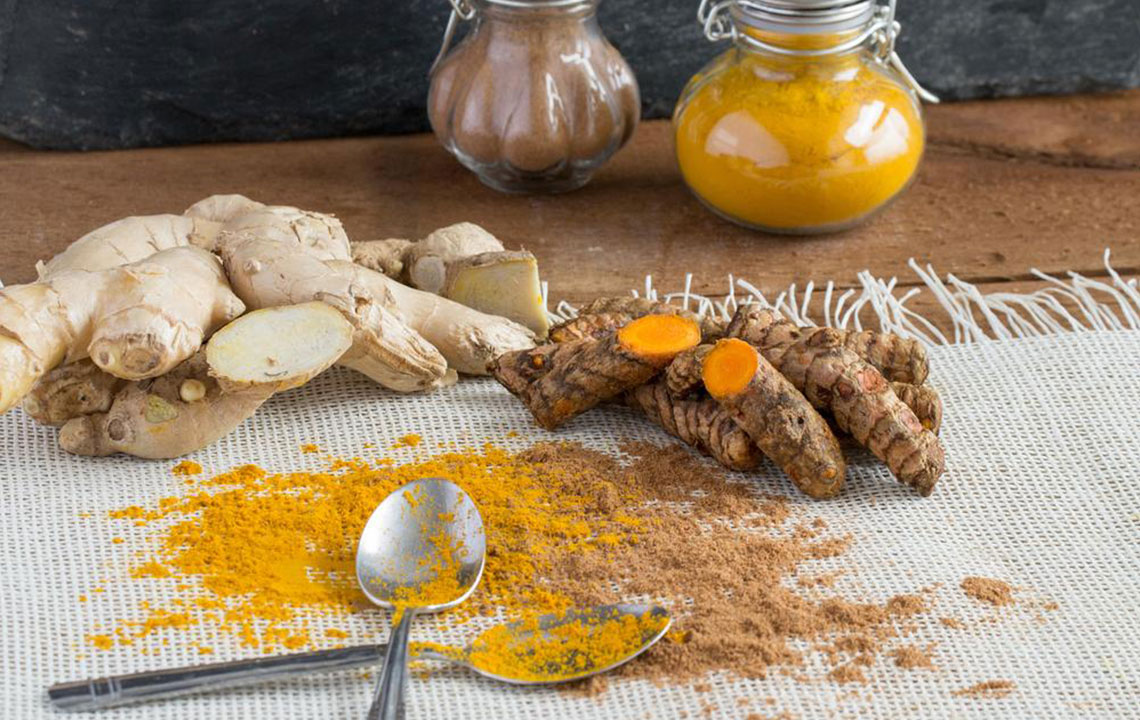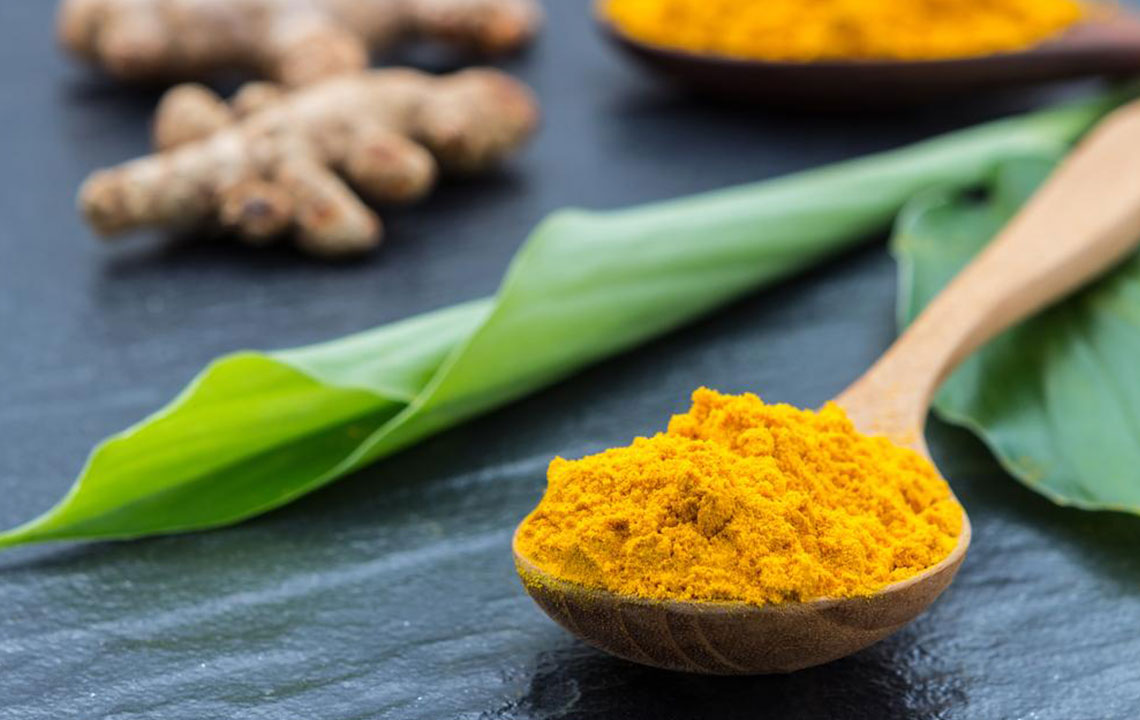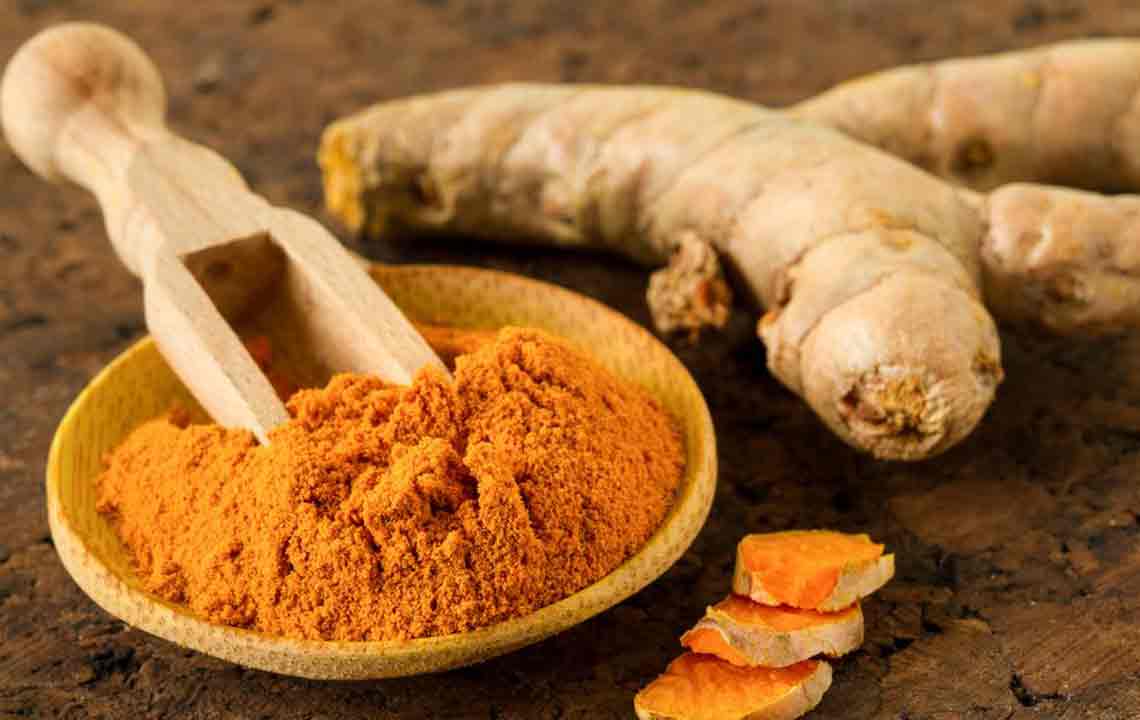Discovering the Power of Turmeric and Its Active Compound Curcumin
Explore the benefits of turmeric and curcumin, including their origins, health benefits, and ways to incorporate them into your diet. Learn how these natural compounds can boost immunity, improve brain health, and reduce disease risks. Suitable for health-conscious individuals seeking natural wellness options.
Sponsored
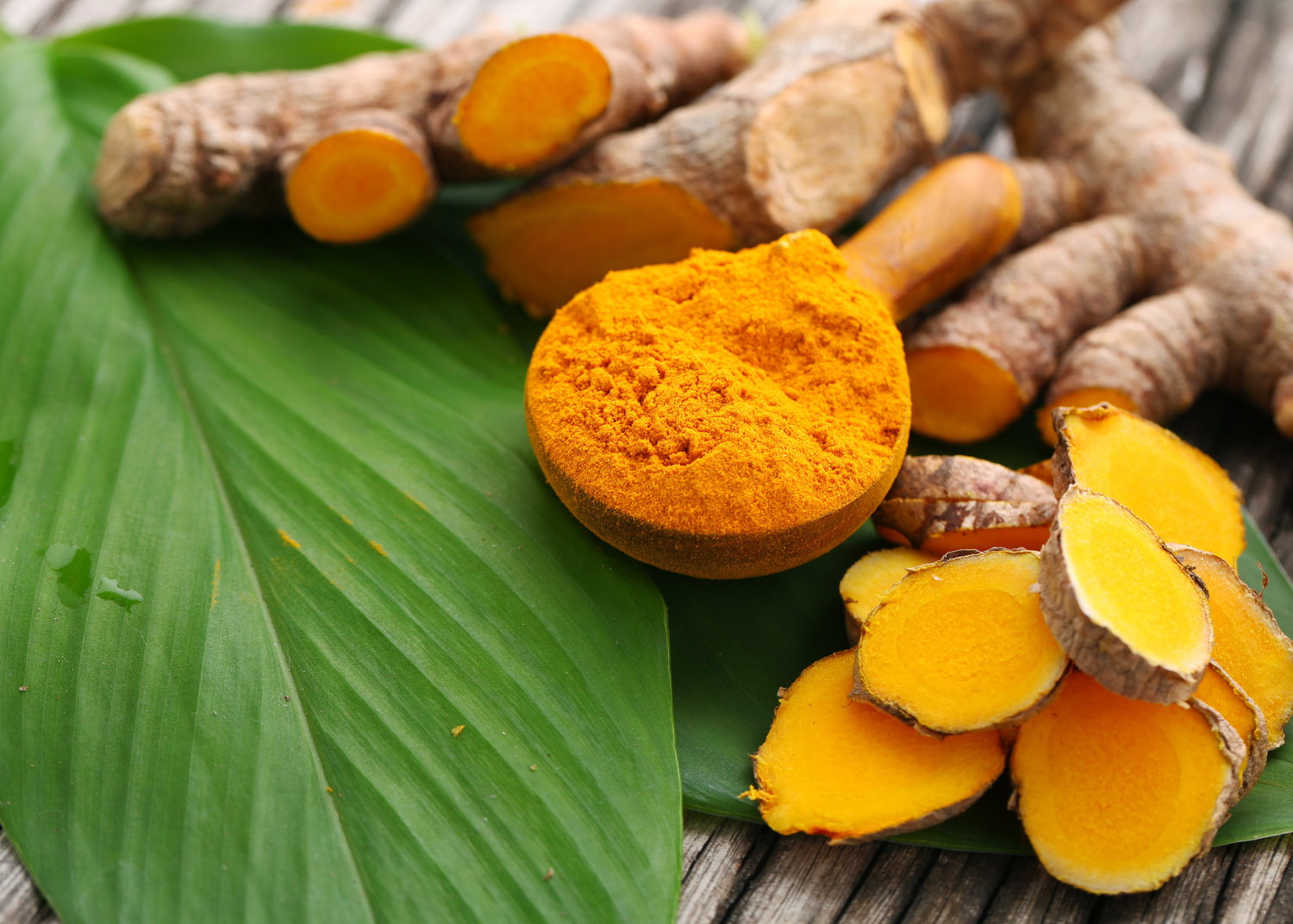
Introduction to Turmeric and Curcumin
Spices are integral to global cuisines and traditional medicine. Among these, turmeric stands out as a highly valued superfood, especially in Asian cultures. It contains a potent compound called curcumin, renowned for its health-promoting properties. As awareness grows, many countries are incorporating turmeric into their diets for its flavor and health benefits.
What is turmeric?
Turmeric is a vibrant yellow spice derived from the rhizome of the turmeric plant.
It has a warm, slightly bitter taste and is a staple in many curry recipes worldwide.
Besides culinary uses, turmeric offers various medicinal benefits due to its bioactive compounds.
The primary active component in turmeric is curcumin, which imparts its distinctive yellow hue.
What is curcumin?
Curcumin is a natural chemical compound predominantly found in turmeric, often used interchangeably with the spice itself.
It is a bright yellow pigment that gives turmeric its characteristic color.
Curcumin is used as an herbal supplement, a flavor enhancer, and a cosmetic ingredient.
It is extracted from the dried rhizome of turmeric and constitutes about 2% to 5% of its composition.
Turmeric grows mainly in Southeast Asia, with major production in India, China, and Africa. Although not naturally abundant in wild forests, its cultivation is widespread due to its medicinal and culinary popularity. You can find ground turmeric readily in Asian markets around the world.
Health benefits of turmeric and curcumin
While primarily used to enhance flavor, turmeric and curcumin offer impressive health advantages.
They are rich in curcuminoids, especially curcumin, known for its anti-inflammatory properties.
Curcumin increases antioxidants in the body, helping to prevent diseases and slow aging processes.
Studies suggest that turmeric can boost brain health and decrease the risk of neurological disorders.
Curcumin may also lower the risk of cardiovascular disease.
Research indicates potential roles in reducing cancer risk and improving symptoms in arthritis patients.
Emerging evidence hints at benefits in lowering Alzheimer’s disease risk, although further studies are underway.
Potential side effects
Consuming excessive amounts of turmeric or curcumin may lead to gastrointestinal discomfort, such as indigestion, diarrhea, or nausea.
Rarely, some individuals might develop skin rashes.
Ways to incorporate turmeric into your diet
Add a teaspoon of turmeric powder to warm milk for a soothing drink.
Mix turmeric powder with raw honey to help fight colds and boost immunity.
Sprinkle it into vegetable soups or stir into breakfast dishes for added flavor and health benefits.
Embrace natural remedies by including turmeric in your daily routine and enjoy its numerous health advantages!

